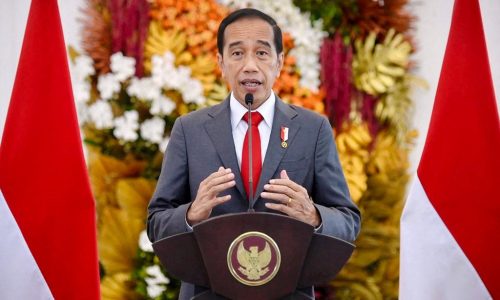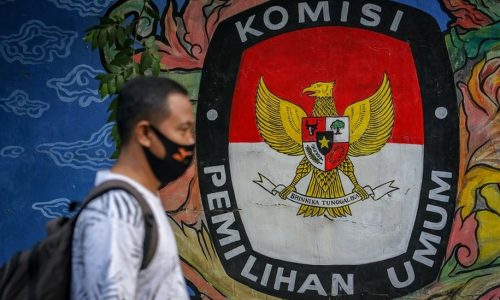The Association of Southeast Asian Nations (ASEAN) spans an incredibly diverse geography, covering approximately 4.5 million square kilometers, making it one of the world’s largest regional organizations in terms of landmass.
With more than two-thirds of the region bordered by oceans, transportation becomes a lifeline for economic activities, connecting the varied landscapes from bustling urban centers to serene archipelagos.
However, this vital transportation network comes at a cost – contributing significantly to greenhouse gas emissions. As ASEAN experiences rapid economic growth and urbanization, the need for an urgent energy transition in the transportation sector becomes apparent to meet the international commitment to achieving net-zero emissions.
The region’s energy demand is projected to triple by 2050, driven by an annual growth rate of 4.7%. Fossil fuels, especially in transportation where 91% of energy consumption originates from petroleum, continue to dominate the energy mix.
With this trajectory, greenhouse gas emissions could exceed 6,700 million tonnes of carbon dioxide equivalent annually by 2050, with nearly 20% stemming from the transportation sector.
In response to this pressing challenge, the development of electric vehicles (EVs) has gained momentum in ASEAN. The EV market is expected to grow from US$ 800 million in 2023 to US$ 3.5 billion by 2028, with countries like Thailand, Malaysia, and Singapore taking strides to promote widespread adoption.
Incentives such as subsidies, tax breaks, and infrastructure development are crucial to accelerate EV uptake and reduce emissions.
Despite the progress, obstacles persist. Public charging infrastructure needs enhancement, EV purchase prices remain high, and concerns about driving range, operation, and maintenance persist. Overcoming these challenges requires a concerted effort from both public and private sectors.
The transition to sustainable transportation extends beyond EVs. The freight sector, a backbone of ASEAN economies, must also be part of the solution. As economies grow, so do emissions from freight, necessitating sustainable practices and alternative fuels.
Investments in public transportation systems, including buses and trains, offer a promising solution to reduce dependence on private cars, alleviate traffic congestion, and enhance urban mobility.
Public-private partnerships, like the collaboration with Japan in research and development, can play a vital role in overcoming infrastructure challenges.
Promoting alternative fuels, such as natural gas, biofuels, and hydrogen, can complement the transition, especially in areas where EV adoption may be slower.
Governments must address regulatory barriers, simplify permit procedures, and create policies conducive to renewable energy adoption.
In this region wide effort, each ASEAN member faces unique challenges. Balancing the energy transition with economic growth and regional development requires a comprehensive strategy.
The promise of sustainability and economic growth through cleaner energy sources, widespread EV adoption, and advancements in public transportation and alternative fuels hinges on international cooperation to reduce the environmental impact of the transportation sector. The road to a greener future is challenging but vital for the prosperity of ASEAN nations.









